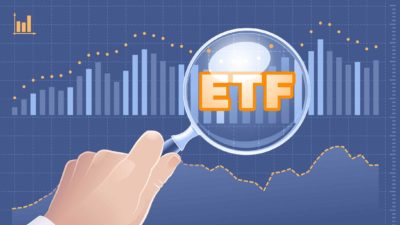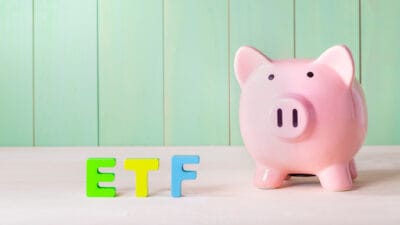Warren Buffett is one of the world's greatest investors, and he has created enormous wealth for himself and numerous others thanks to his company, Berkshire Hathaway.
But he's not recommending that investors buy Berkshire Hathaway shares. Instead, he suggests people (including his wife) should invest in a particular fund.
Buffett thinks that a low-cost S&P 500 Index (SP: .INX) exchange-traded fund (ETF) is the way to go for lots of investors. On the ASX, investors can choose the iShares S&P 500 ETF (ASX: IVV) to get exposure.
What's attractive about the investment?
Warren Buffett reportedly once said:
Consistently buy an S&P 500 low-cost index fund. I think it's the thing that makes the most sense practically all of the time. Keep buying it through thick and thin, and especially through thin.
The temptation when you see bad headlines in newspapers is to say, well, maybe I should skip a year or something. Just keep buying.
American business is going to do fine over time, so you know the investment universe is going to do very well.
For Buffett, low cost is a key advantage of these sorts of ETFs:
Costs really matter in investments. If returns are going to be seven or eight percent and you're paying one percent for fees, that makes an enormous difference in how much money you're going to have in retirement.
The iShares S&P 500 ETF has an annual management fee of 0.04%, which is one of the cheapest ETFs on the ASX. A fee of just 0.04% is almost nothing, leaving nearly all of the investment returns in the hands of the investor. There aren't any performance fees either.
I'll also point out that this investment gives investors strong diversification. It owns holdings in 500 companies, which is a very good number. These 500 aren't just random businesses. They are 500 of the biggest and most profitable companies in the world, many of which have a global earnings base.
The biggest positions in the S&P 500 include names like Microsoft, Apple, Nvidia, Amazon.com, Alphabet, Meta Platforms and Warren Buffett's Berkshire Hathaway itself.
Past performance is not a guarantee of future performance
The names in the portfolio sometimes change, but the long-term performance has been very good, thanks to the strength of the S&P 500.
Over the past decade, the IVV ETF has returned an average of 14.9%, though there's no guarantee the next few years will be as good as that, though central banks lowering interest rates may help. I can see why Warren Buffett likes it so much.









